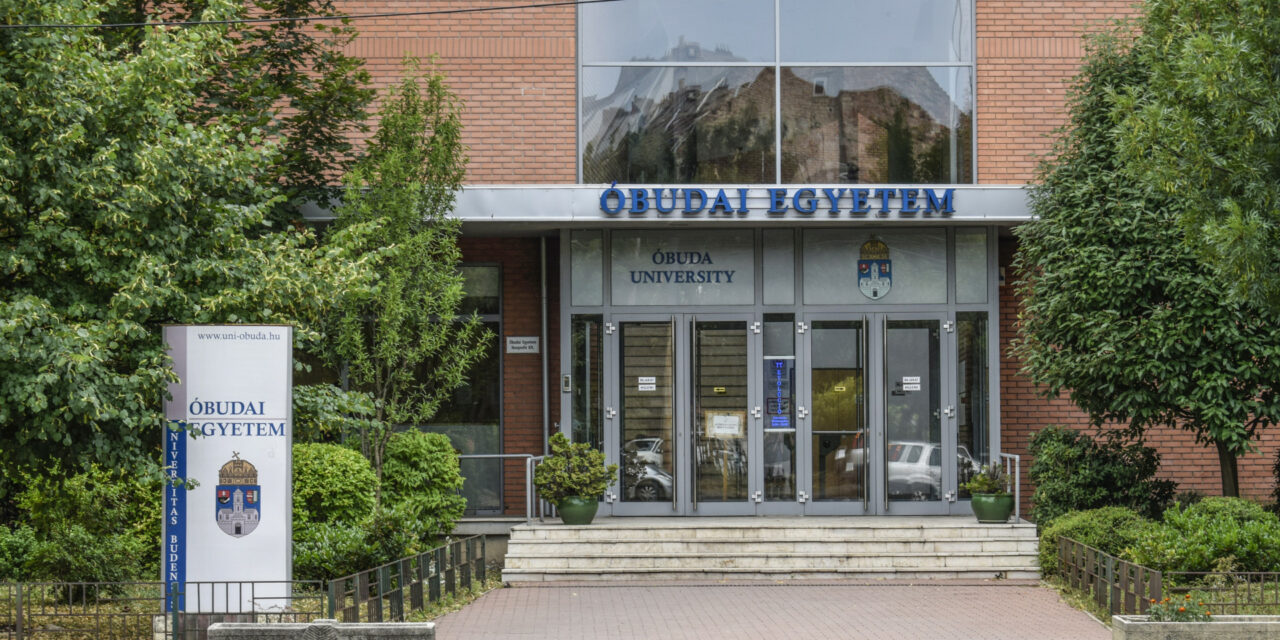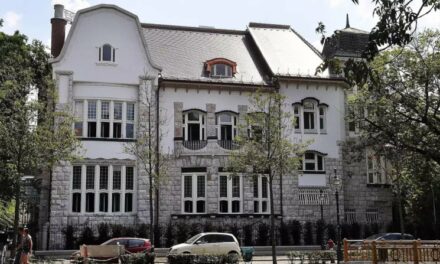The Széchenyi Foundation and the University of Óbuda are helping students who have fled Ukraine with scholarships, the Széchenyi Foundation told MTI.
The announcement recalled that the war in Ukraine forced many thousands of young Ukrainians and Ukrainians and Transcarpathian Hungarians to flee; many had to abandon their studies.
The Széchenyi Foundation and the University of Óbuda are announcing a joint tender with a budget of HUF 10 million for the long-term assistance of students who have fled Ukraine and are completing their higher education studies, they announced.
The communique called the aim of the program to not only finish their studies, but to have the opportunity to find a job as a professional in Hungary in a field corresponding to their qualifications.
The document to this effect was signed by Rector Levente Kovács and Dénes Jobbágy, President and CEO of Széchenyi Funds.
According to the written summary, at the ceremonial signing, the rector of Óbuda University emphasized the importance of solidarity and responsibility and highlighted that it is not the first time that the institution provides assistance to young people and families in difficult situations due to the war raging next door.
He added:
from the point of view of the economic development of the region, the aspect of ensuring that the professionals of the future stay here by providing training and housing cannot be neglected.
The Széchenyi Funds explained in detail that the university and the fund manager provide students admitted to the program with tuition waivers, accommodation, spending money and other opportunities.
"We do not intend this scholarship to be just a temporary solution. Those who are determined and striving will get a practical place, or even a job opportunity at the Széchenyi Funds, and can have a prosperous career in Hungary," Dénes Jobbágy was quoted as saying in the announcement.
Since the outbreak of the war, 1.3 million Ukrainians have crossed the Hungarian border, and according to estimates, 50,000 to 100,000 are still in our country, including many young people who were forced to interrupt their higher education.
Details of the application conditions can be found on the website of the University of Óbuda.
Source: MTI/Felvidék.ma
Featured image: MTI/László Róka












